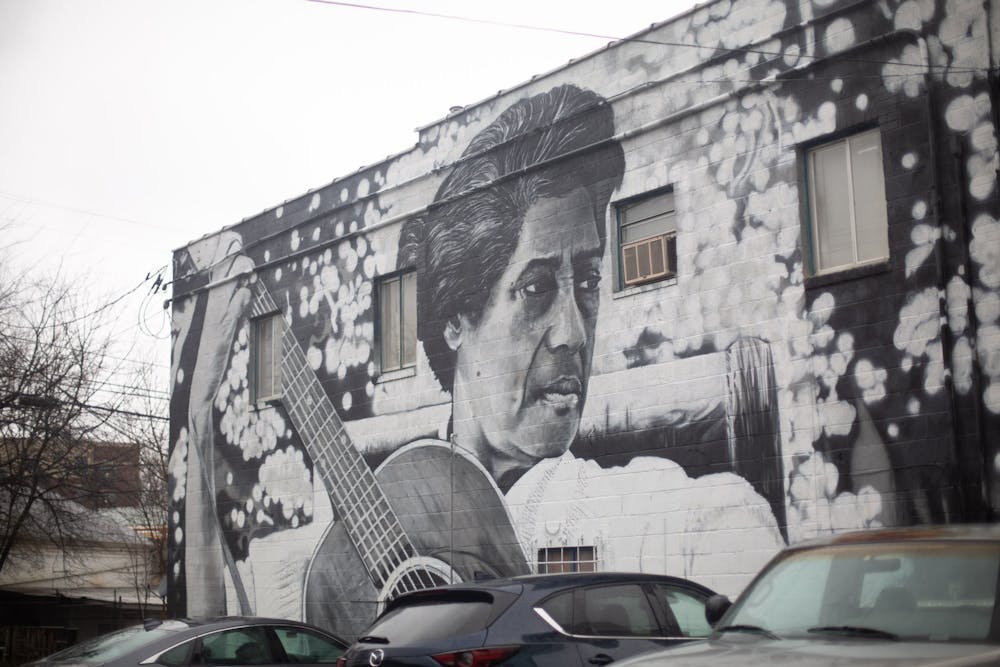UNC junior Iyana Jones-Reese recalls sharing the light-hearted stories she learned about slavery in school with her grandfather. He was struck by how the nature of slavery was watered-down and sugarcoated by her teacher.
“I remember when I was a kid my grandfather was talking to me about slavery and I was like, ‘No, no, no, there were some slave masters that treated their slaves nicely, we talked about it in class,’" she said. "It’s one of those things where like you're hearing all of these different sides.”
Her grandfather then encouraged Jones-Reese to learn the truth of her history.
As many students are studying and celebrating Black historical figures and movements during Black History Month, they are continuously learning about historical elements that were not discussed in school.
Mike Wax, a junior studying biology, said he had an idea of the erasure of Black history in high school, but it wasn’t until he got to college when he realized just how much of his history wasn’t taught to him. He felt it was a call to action to educate himself.
“I was shocked that I had missed so much of my history, of Black history, and I wanted to learn more,” Wax said. “I tried to put myself in these classes and any spaces where I could learn about more Black history, and I took it upon myself to do like my own readings about it.”
He said this exclusion of Black history in school lesson plans could lead to the erasure of this history altogether.
“There's so much Black history that they don't teach in schools, and I think that as time progresses smaller amounts of people are going to know about this history, and it’s possible that it could get erased,” Wax said.
Recently, a charter school in Utah attempted to do just that. Maria Montessori Academy made the decision to allow parents to opt their children out of a Black History Month curriculum. Although this decision was reversed, the initial proposal reflected how quickly this history could be erased.



